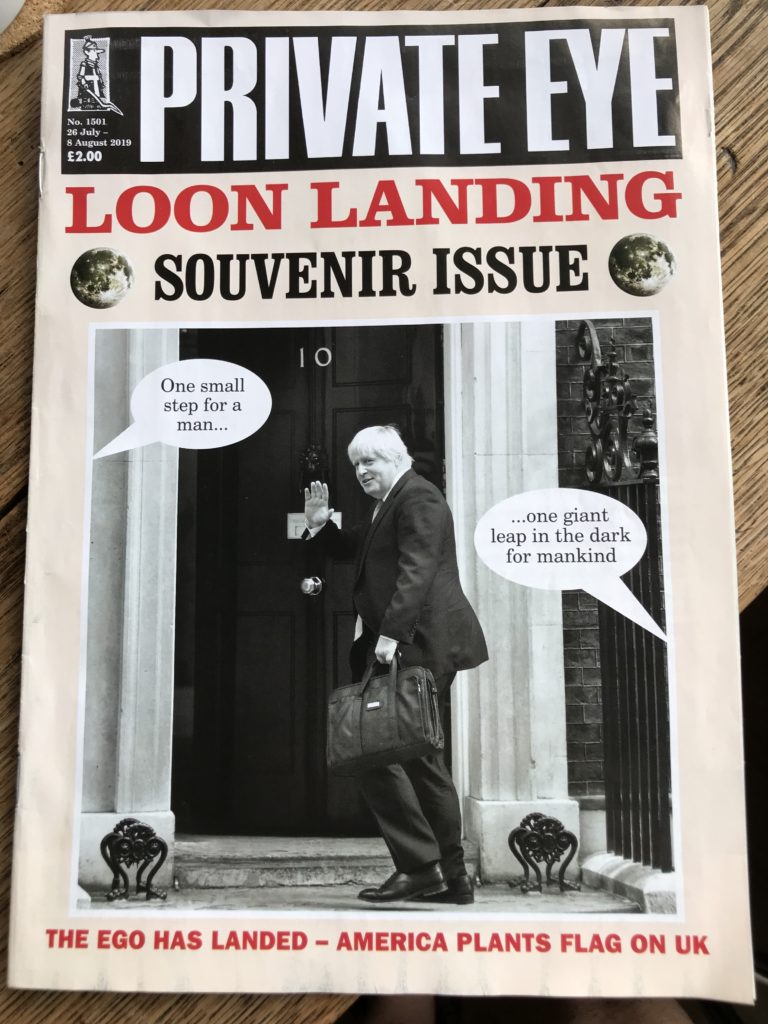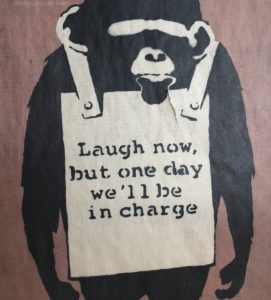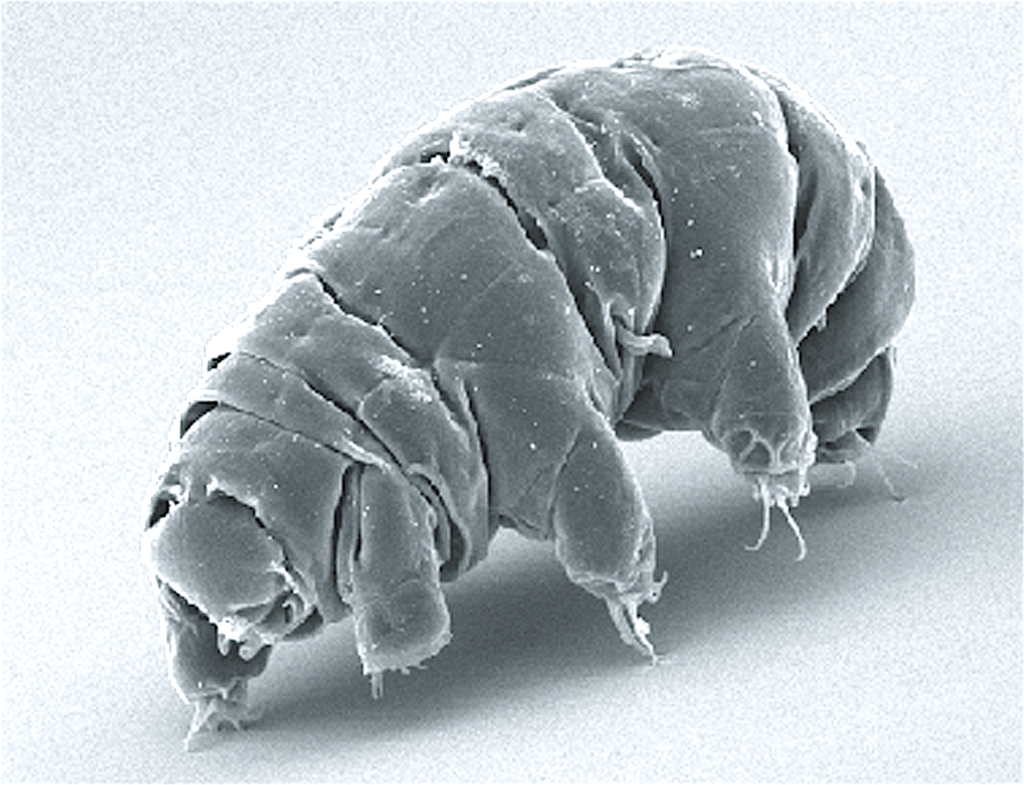”If this is the information age, what are we so well-informed about?”
Journalism and mass shootings
Somber reflections from the journalist who was Editor of the Rocky Mountain News when the Columbine shootings happened, and who covered that story exhaustively.
I’m out of daily journalism now. But whenever there’s a mass shooting I have no desire to read the stories or watch the footage. There’s a ritual to the coverage, and it feels like it always follows the same arc and ends the same way. Journalists tell the story of what it was like to survive the slaughter. Then they offer tender accounts of the victims’ lives, detail where and how the weapons were purchased, publish profiles of the killer or killers, and write accounts of the struggles of the wounded. And then most of us move on, until the next shooting. Even the killing of 20 elementary-school children in Newtown, Connecticut, changed nothing.
This ritual can make journalism seem futile. I am forced to ask why journalists are doing this work in this way, and whether in the end it’s worth it.
Journalists feel the need to bear witness. But to the same horror, again and again? I can’t say anymore that I believe we learn from terrible things. I can say that I’ve seen the limits of journalism—and of hope. And I’m struggling with what to do about it.
I feel much the same. These atrocities have become, somehow, ‘normalised’.
The Loon Landing
And guess what?
The new Cold War
Timely piece in the Economist:
Three decades after the fall of the Soviet Union, the unipolar moment is over. In China, America faces a vast rival that confidently aspires to be number one. Business ties and profits, which used to cement the relationship, have become one more matter to fight over. China and America desperately need to create rules to help manage the rapidly evolving era of superpower competition. Just now, both see rules as things to break.
Consider the Tardigrade
From a remarkable Aeon essay on ‘extremophiles’ (creatures that can survive in extreme conditions) by the evolutionary biologist David Barash:
Typical extremophiles specialise in going about their lives along one axis of environmental extremity – extreme heat or cold, one or another heavy metal, and so forth – tardigrades can survive when things get dicey along many different and seemingly independent dimensions, simultaneously and come what may. You can boil them, freeze them, dry them, drown them, float them unprotected in space, expose them to radiation, even deprive them of nourishment – to which they respond by shrinking in size. These creatures, also known as water bears, are featured on appealing T-shirts with the slogan ‘Live Tiny, Die Never’ and in the delightful rap song that describes their indifference to extreme situations, entitled Water Bear Don’t Care.
Tardigrades might be the toughest creatures on Earth. You can put them in a laboratory freezer at -80 degrees Celsius, leave them for several years, then thaw them out, and just 20 minutes later they’ll be dancing about as though nothing had happened. They can even be cooled to just a few degrees above absolute zero, at which atoms virtually stop moving. Once thawed out, they move around just fine. (Admittedly, they aren’t speed demons; the word ‘tardigrade’ means ‘slow walker’.) Exposed to superheated steam – 140 degrees Celsius – they shrug it off and keep on living. Not only are tardigrades remarkably resistant to a wide range of what ecologists term environmental ‘insults’ (heat, cold, pressure, radiation, etc), they also have a special trick up their sleeves: when things get really challenging – especially if dry or cold – they convert into a spore-like form known as a ‘tun’. A tun can live, if you call their unique form of suspended animation ‘living’, for decades, possibly even centuries, and thereby survive pretty much anything that nature might throw at them. In this state, their metabolism slows to less than 0.01 per cent of normal. Compared with them, a deeply hibernating mammal is living at lightning speed.
In the bad old days of the Cold War, we used to think that the only living things that would survive a nuclear holocaust would be beetles. Now that we are headed for a climate catastrophe, my money’s on the tardigrades.
How to grill a politician: a masterclass
Eddie Mair’s celebrated interview with Liz Truss. Who she, you ask? Why, none other than Her Majesty’s Secretary of State for International Trade and President of the Board of Trade.
UK this way
Booming tech and rising inequality: correlation or causation?
This morning’s Observer column:
Here is one of the great paradoxes of our time. The world is dominated by a few corporations that are among the most profitable companies in the history of capitalism. In the US (the home of these giants) and in the UK (an enthusiastic vassal state), parts of the economy are booming and employment is at record levels. And yet, in the middle of this astonishing prosperity, inequality is at levels not seen since the period before the first world war. In the US, the share of total income going to the top 1% of the population is now back to the level it was in the 1920s. And in the UK, more than 4 million people are trapped in deep poverty.
Since this catastrophic rise in inequality seems to be correlated with the rise of the tech industry, it’s tempting to see a causal link between the two. Tempting, but too simplistic. For while digital technology has been a central factor in what’s happened, it’s only a part of the story. More often, it’s been an enabler of other forces rather than a prime mover.
The biggest force reshaping our world has been globalisation…
Another reason not to like Facebook Likes
From The Register:
Organisations that deploy Facebook’s ubiquitous “Like” button on their websites risk falling foul of the General Data Protection Regulation following a landmark ruling by the European Court of Justice.
The EU’s highest court has decided that website owners can be held liable for data collection when using the so-called “social sharing” widgets.
The ruling (PDF) states that employing such widgets would make the organisation a joint data controller, along with Facebook – and judging by its recent record, you don’t want to be anywhere near Zuckerberg’s antisocial network when privacy regulators come a-calling.
Well, well.




